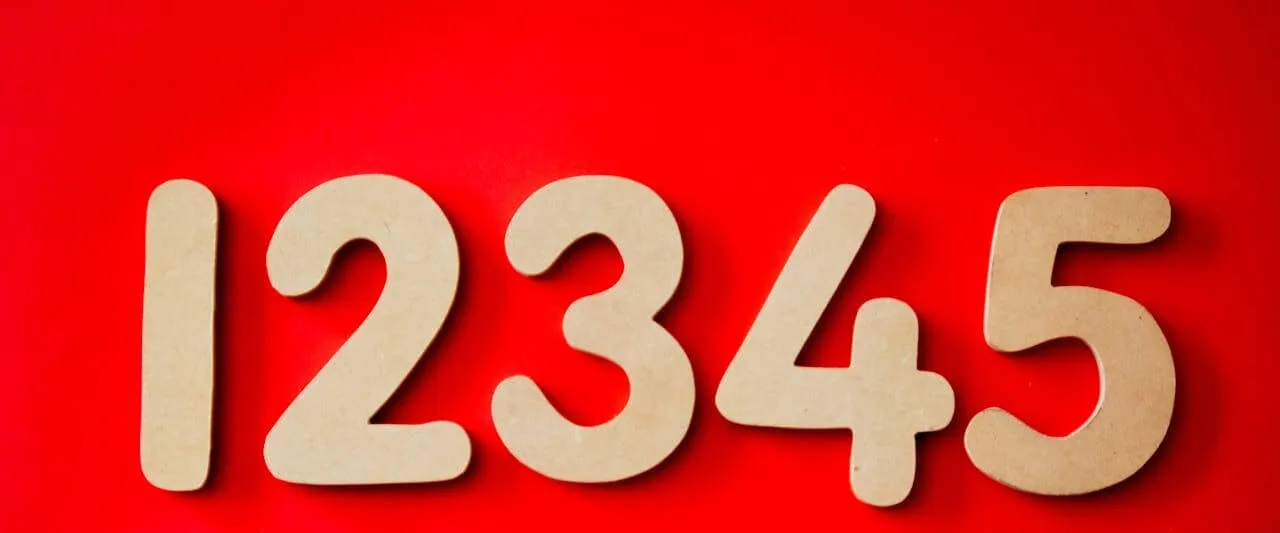When the COVID-19 pandemic hit the U.S. by force in March 2020, elective surgery was paused while doctors and hospitals fought on the frontlines of the battle against coronavirus. While there were hopes that the coronavirus crisis could pass swiftly, case numbers continue to rise.
As a result, many patients waited months for surgery that was postponed, more people discovered they needed surgery, and others were too afraid to enter a medical facility to have much-needed procedures carried out.
This bottleneck in the system had immediate ramifications for patients and society as a whole. The cost of pausing elective surgery rises during the COVID-19 or a future pandemic.
Small Problems Become Much Bigger — Especially Cancers

For some patients, the delay in surgery in 2020 meant that what was a low-acuity procedure, such as cataract surgery or a joint replacement, could have had a very real impact on their quality of life. “Many patients who had been waiting and preparing for their surgeries for weeks, if not months, now must suffer additional delays without the ability to reschedule or plan for surgery.” (NIH).
According to the Harvard Business Review, this anticipated demand, in combination with health providers’ decreased capacity, would likely result in the creation of wait lists, potentially worse patient outcomes, and higher costs.
Given the reluctance of many to expose themselves to a hospital environment, these people are avoiding diagnostic tests and procedures and not getting their cancers diagnosed. This further exacerbated the issue because the delay in diagnosis made them less likely to be treated successfully when the cancers were eventually found and made for a potentially more expensive treatment plan.
The delay in surgery is quite literally a difference of life and death. For certain cancers, advancement to later stages can occur in as little as four to eight weeks, well within projected delays of elective surgical procedures. (NIH)
Granted, oncology patient outcomes are generally low, but delaying diagnosis and procedures makes the likelihood of a successful outcome even less likely. (Science.org)
“At many hospitals, so-called “elective” cancer treatments and surgeries have been deprioritized to preserve clinical capacity for COVID-19 patients. For example, some patients are receiving less intense chemotherapy and/or radiotherapy, and in other cases, patients’ operations to remove a newly detected tumor are being delayed. There can be no doubt that the COVID-19 pandemic is causing delayed diagnosis and suboptimal care for people with cancer.”
According to Benjamin Neel, director of the Perlmutter Cancer Center at NYU Langone Health, cancer deaths are going to far outnumber deaths from COVID-19. “You’d have to be crazy not to go see your doctor,” he told The Washington Post.
While COVID-19 has caused over 195,000 deaths in the U.S. so far (as of publishing this article – although that number is, of course, still rising), cancer is an even larger issue. (CDC) Over 600,000 people in the United States are expected to die of cancer this year, and almost 650,000 from heart disease. (Cancer.org) Certainly, many COVID-19 deaths could have been prevented with more caution, but cancer deaths can also be prevented with early detection.

Doctors saw patients whose cancers have worsened because of care delays. “Instead of presenting with nausea and a five- to 10-pound weight loss, they are presenting with a 35-pound weight loss and a softball-size tumor in their head,” said Debra Patt, an oncologist and executive vice president of Texas Oncology. (Washington Post)
The head of the National Cancer Institute has warned that Americans’ delays in screening, diagnosis and treatment because of the pandemic could lead to as many as 10,000 excess deaths from breast and colorectal cancer in the next decade.
But Life Goes On

Although it’s hard not to feel a sense of fatigue and frustration at the fact Coronavirus dictated everyday life for so many — and the next pandemic will, too — life goes on.
Restrictions have been lifted, and people have returned to a semblance of “regular” life, which is especially welcome after being curtailed for so long. Along with that comes the emergence of new injuries from sports and other activities and more elective surgeries, which, unfortunately, may have a damaging effect on those patients waiting to get into the OR.




